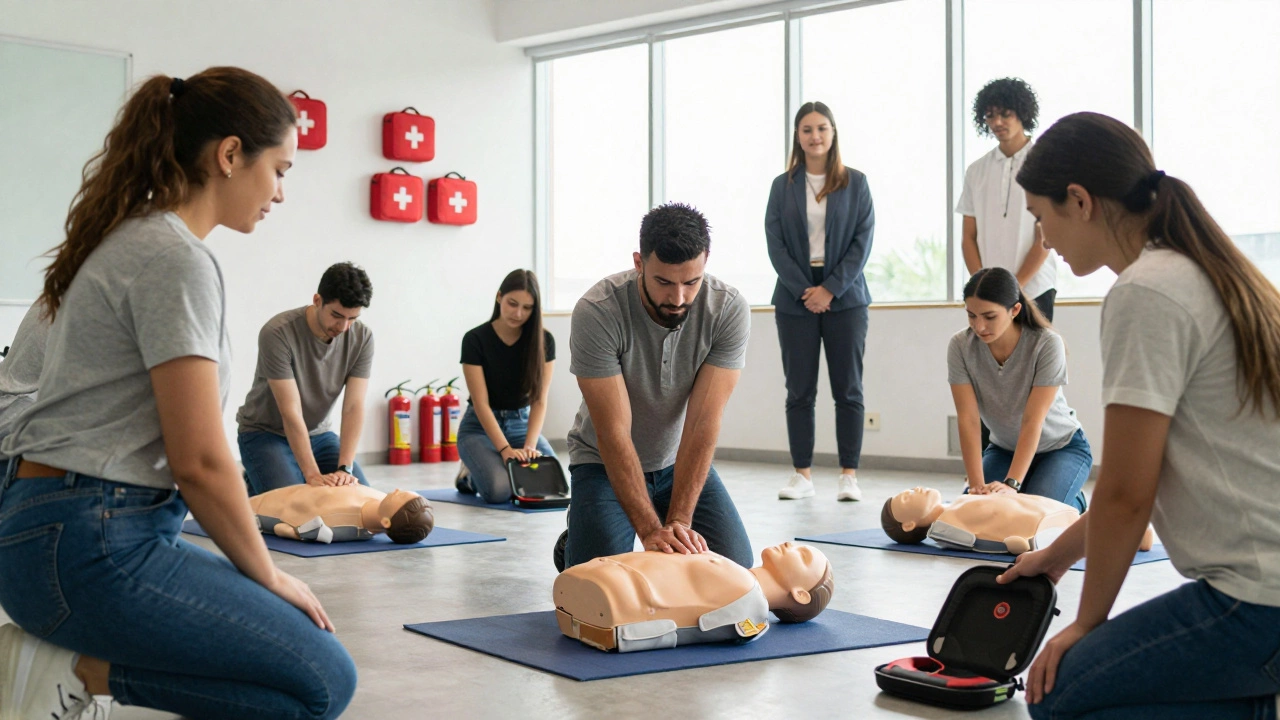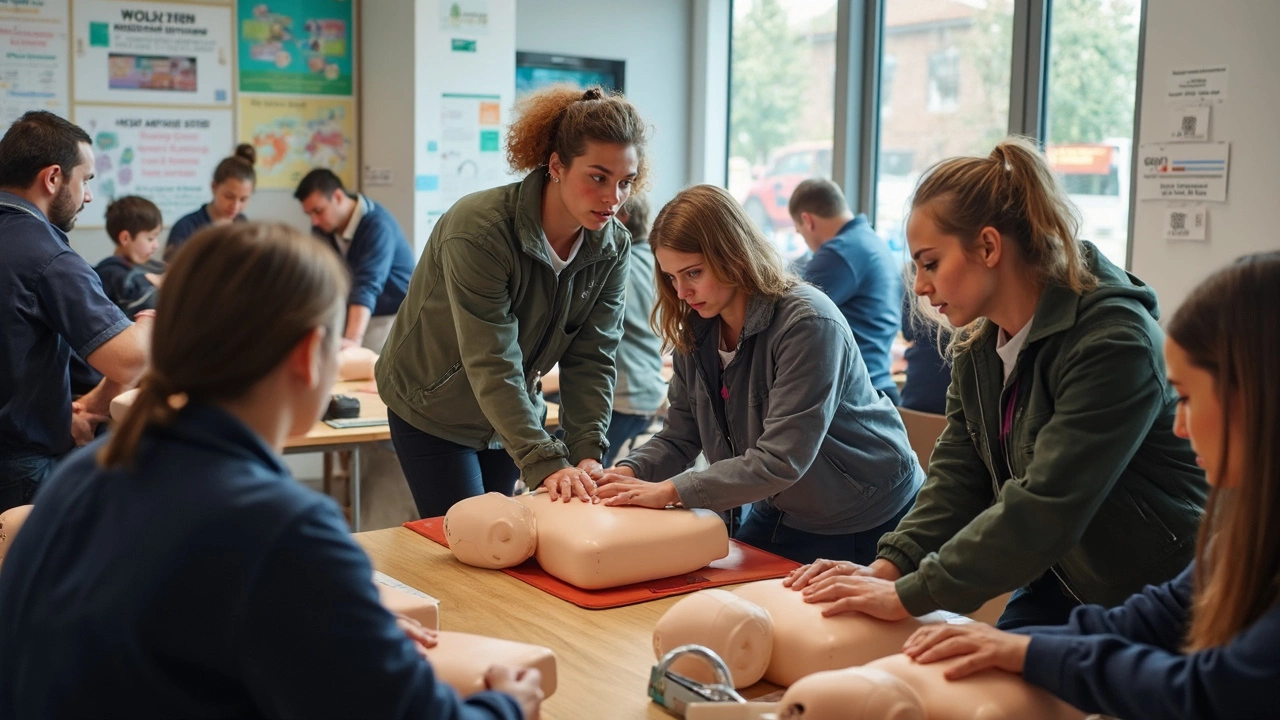Emergency Response Training: What You Need to Know
If you’re thinking about a career that jumps straight into action, you’ve landed in the right spot. Emergency response jobs—from firefighters to police officers—need solid training, clear expectations, and a realistic view of pay and duties. Below you’ll find the basics that help you decide fast, avoid common pitfalls, and get a head start on the right qualification.
Police & Fire Academy Essentials
First up, the police academy. In Virginia, most recruits actually get paid while they learn. The 2025 pay scale starts around £15,000 a year, plus overtime, housing allowances, and a handful of bonuses. Budgeting tips? Cut back on non‑essentials, use the academy’s housing if available, and keep an eye on the pay schedule so you never miss a payday.
Firefighter training follows a similar pattern but focuses on physical endurance and technical skills. In Virginia, the fire academy runs for about 12‑14 weeks. Expect a mix of classroom lessons on fire behavior, hands‑on hose drills, and emergency medical basics. Maryland’s requirements add a medical exam and a minimum age of 21, plus a high school diploma or GED. Knowing these steps ahead of time lets you line up the paperwork and stay on track.
Safety Training Responsibilities
Every emergency response role also touches on workplace safety. The law says the employer must provide health and safety training, but the employee has to stay engaged and follow protocols. Simple rule: treat safety as a daily habit, not a one‑off checklist. If you’re leading a team, make sure drills happen regularly and that everyone knows the chain of command.
Beyond the frontline, there are roles that support emergency responders—like safety officers who design training programs. Understanding who’s responsible for what can save you from fines and keeps the whole crew safe. A quick tip: keep a written safety plan in your locker and review it before each shift.
Want to fast‑track your entry? Look for short courses that cover the basics, such as a one‑month fire safety certification or an online police fundamentals module. These can boost your resume and give you a taste of the job before you commit to a full‑time academy.
Finally, remember that hands‑on experience beats theory every time. Volunteer with local fire departments, join community patrol groups, or shadow a seasoned officer. Real‑world exposure builds confidence, sharpens decision‑making, and shows future employers you can handle pressure.
Emergency response careers are demanding, but they also offer steady pay, a clear path for advancement, and the chance to make a real difference. Use the tips above to pick the right training route, stay on top of responsibilities, and get moving toward a rewarding, action‑packed future.





